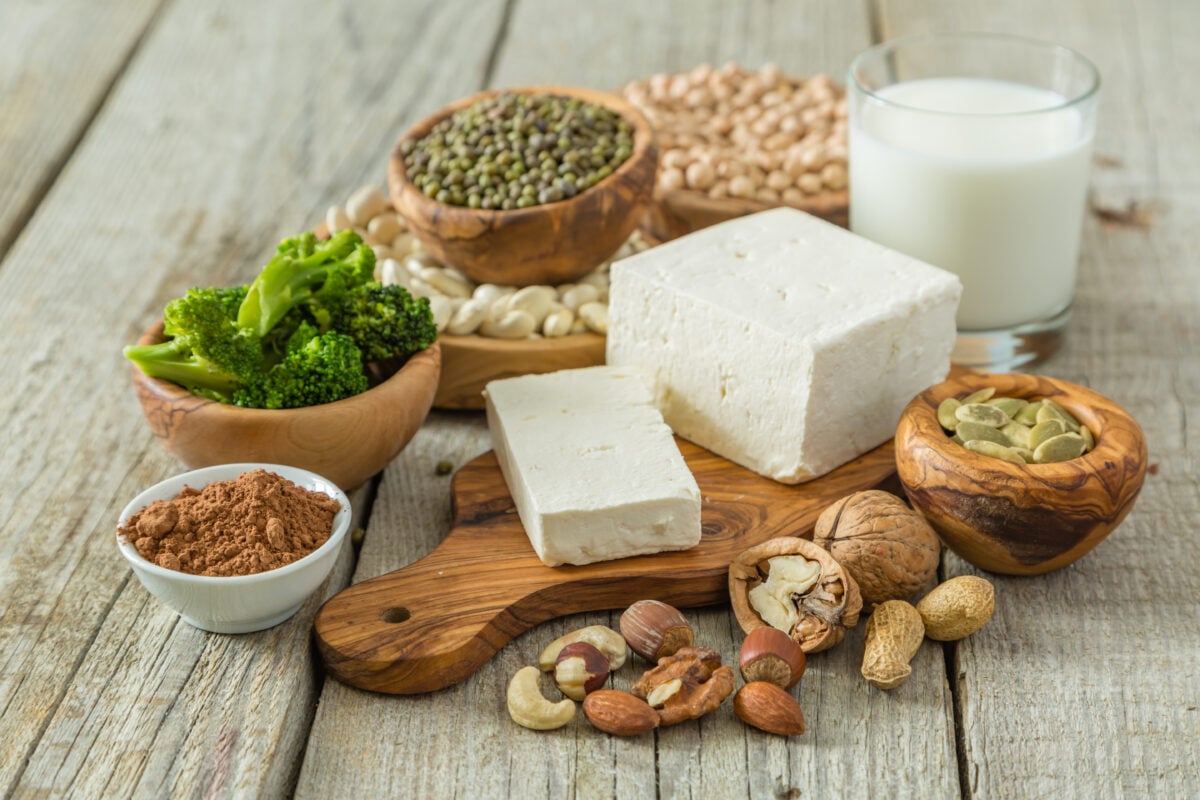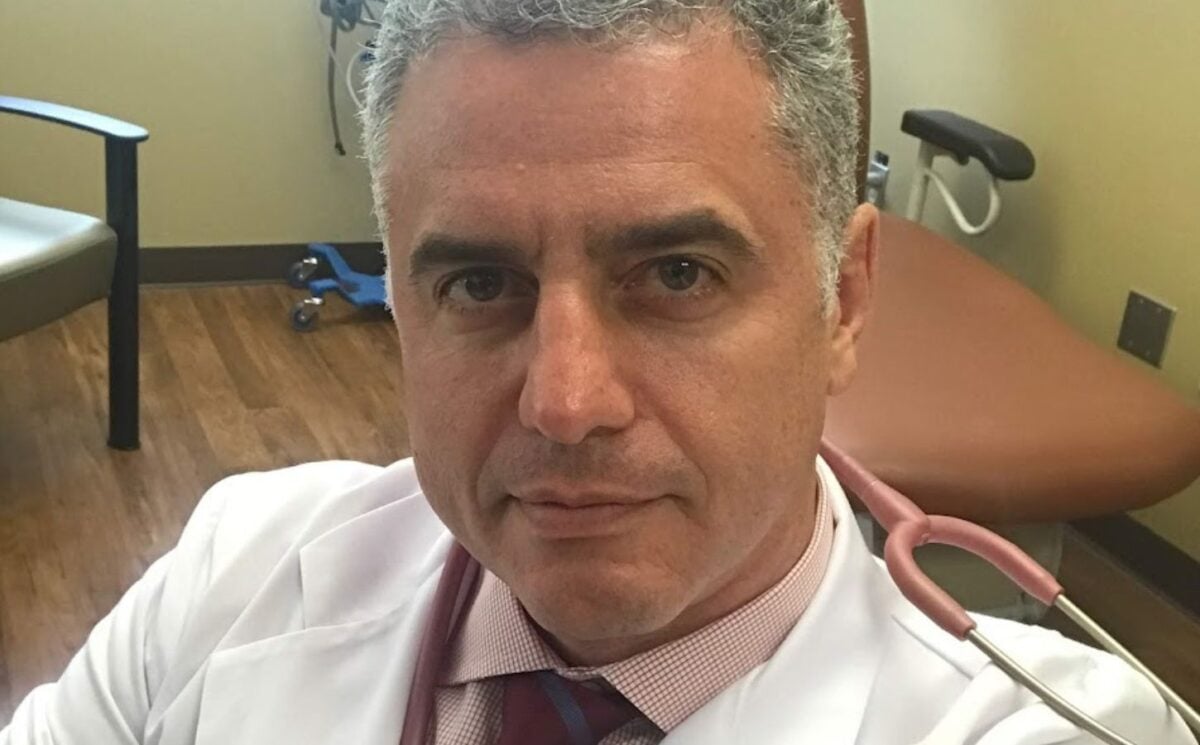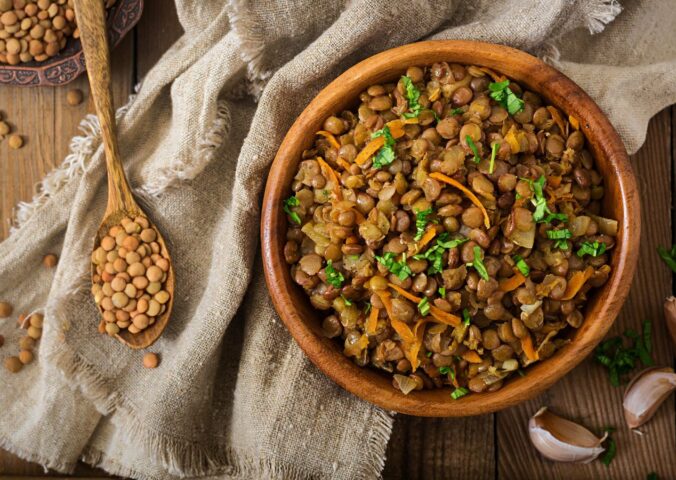Dr Garth Davis, a surgeon and long-time advocate for plant-based nutrition, recently took to Instagram to explain why he believes many people struggle to maintain a vegan diet. In the video, Dr Davis addressed what he sees as a common misunderstanding about protein requirements.
According to Dr Davis, many people believe that we need far more protein than we actually do. Their endeavour to obtain unnecessarily high levels of protein leads some people to abandon plant-based eating.
“The number one reason to me that people fail a plant-based diet is because of protein,” Dr Davis said. “And not because they’re not getting enough protein. To me, it’s because they’re trying too hard to get these super high doses of protein.”
Dr Davis referenced a meta-analysis that evaluated optimal protein intake for health and performance. “They said the maximum protein that will give you the maximum benefit was 1.6 grams per kilogram (of body weight),” he explained. However, he noted that the difference in outcomes between consuming 1.6g/kg and 1g/kg was “not statistically significant.” This means that most people do not need anywhere near the 1.6g/kg level of protein.
Dr Davis emphasized that while elite athletes or bodybuilders may aim for higher protein targets, such levels are unnecessary for the average person. “The average person does not need 1.6 grams per kilogram,” he said. “It’s just not necessary.”
According to Dr Davis, this misconception leads many to overconsume legumes and protein-rich foods, resulting in discomfort. “They’re trying so hard to get to 1.6 that they’re eating tons and tons of beans… they’re getting bloated and they’re blaming the diet,” he said.
Instead, Dr Davis advises a more moderate approach. “I’m lucky if I [get] 1 gram per kilogram of protein,” he said. “And I continue to get stronger and fitter and healthier as I get older.”
Dr Davis also addressed older adults’ protein needs, noting that those over 65 may benefit from slightly higher intake – about 10 percent above the recommended daily allowance.
Read more: ‘What I Eat After Running 50km As A Vegan’
Plant-based diets and protein

The video comes amid ongoing public debate about protein intake and veganism. Despite persistent myths that plant-based eaters struggle to get enough protein, major health organizations have confirmed that well-planned vegan diets can meet all nutritional needs, including protein. A recent study found that there was no difference in muscle fiber protein synthesis between those on plant-based and omnivorous diets.
Dr Davis concluded by encouraging a less rigid focus on protein numbers. “In general, you can be extremely healthy on a much lower protein diet, and you will then enjoy your plant-based diet a lot more,” he said.
Read more: Want To Live To 100? Here’s What The Blue Zones Are Doing Right






